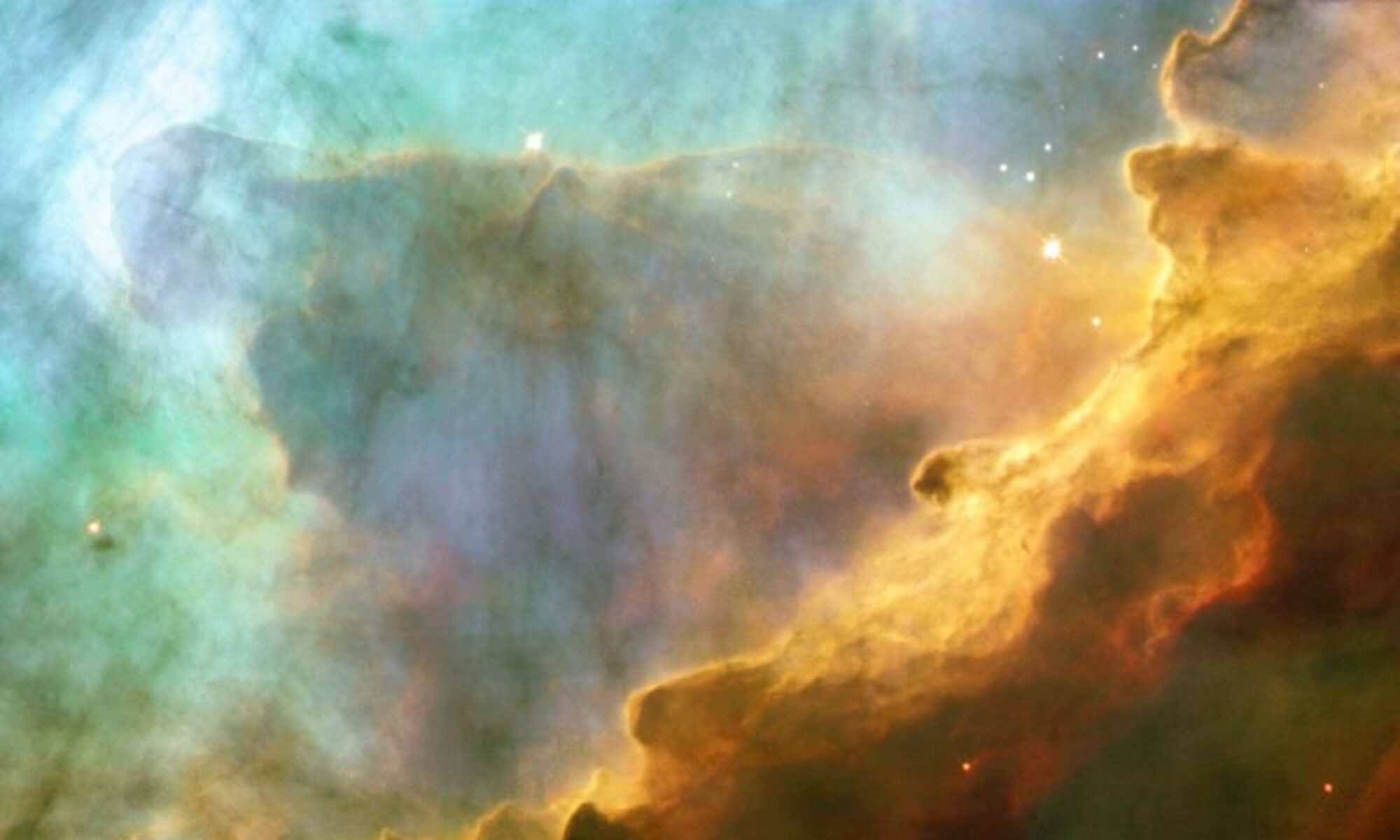German Cooperation Partners
Dr. Achim Basermann (DLR) leads the HPC department at DLR’s Institute of Software Technology. His expertise is in performance engineering, high-performance data analytics and compression, and quantum computing. He contributes to P4, P5, and the SUE.
Prof. Dr. André Bresges (UoC) is Director of the Institute of Physics Education. His research interests include agile methodologies, visualisation techniques, and the application of AI in education. He will collaborate within Dynaverse on school education developments.
Hon. Prof. Dr. Stefan Kesselheim (FZJ, UoC) heads the Applied Machine Learning Lab at JSC and the AI consultant team. His team is involved in various collaborations applying ML methods to different scientific fields, from molecular biology to renewable energy. His contributions are key to ARC1 and ARC2 and highly relevant to the establishment of P5.
Prof. Dr. Bernd Klein (MPIfR / University of Applied Sciences Bonn-Rhein-Sieg) is head of the technical department for Digital Signal Processing and radio astronomical instrumentation. His research interests are focused on developing new back-end systems with specialised hardware based on FPGAs or GPUs (P1) and on ML-based data acquisition methods (P5).
Dr. Vivek Venkatraman Krishnan (MPIfR) is an ERC Starting Grant fellow and group leader. He predominantly works on time domain radio astronomy with an emphasis on pulsars, FRBs, big data reduction with HPC, and the detection of radio transients. He will contribute to the goal of ARC2 and the Pillars P2 and P5.
Prof. Dr. Dennis Lehmkuhl (UB) is director of the Lichtenberg Group for History and Philosophy of Physics, and chair of Natural Philosophy and Philosophy of Science with an ERC Consolidator Grant on the conceptual foundations of general relativity. He is interested in gravitational wavesources (ARC2), and the turning points in the history of the Universe (ARC3).
Dr. Alexander Rüttgers (DLR) is team lead of the research group Scalable Machine Learning at the Institute of Software Technology. He conducts research on large-scale ML. His expertise, particularly his development of innovative AI methodologies for the automated detection of anomalies and novelties in large-scale image datasets, is essential to establishing P5 as well as for ARC2.
Dr. habil. Fabian Walter (Max Planck Institute for Astronomy) is an expert on radio observations of nearby and high-redshift galaxies. In particular, he is DSA-2000 project scientist and his expertise contributes directly to the DSA-2000 H I camera project (P1) and H I-related science in ARC1 (P2), as well as time-domain DSA-2000 science in ARC2 (P2).
International Cooperation Partners
Dr. Olivier Doré (NASA JPL / Caltech) is a world-class expert in observational cosmology and the project scientist for the Spectro-Photometer for the History of the Universe, Epoch of Reionisation, and Ices Explorer (SPHEREx) mission designed to test the theory of cosmic inflation using galaxy clustering (ARC3).
Dr. Benjamin Godard (LERMA, Observatoire de Paris, PSL University / CNRS, Sorbonne Université) is an expert in ISM research and has worked, e.g. on the diffuse ISM and the development of irradiated molecular shock models. He is relevant for ARC2 and P5.
Dr. Antoine Gusdorf (LERMA, Observatoire de Paris, PSL University / CNRS, Sorbonne Université) is an expert in the chemistry of interstellar shocks and is heavily involved in the development of the Paris-Durham shock code that will be used in ARC2. He will be involved in P5.
Prof. Dr. Gregg Hallinan (Caltech) is director of the Owens Valley Radio Observatory (OVRO) and a leading expert in studies of magnetic activity in stellar and planetary systems (P2) and the search for radio transients (ARC2). He is the PI of DSA-2000 (P1 / P2), which will be key for studies of star-forming galaxies (ARC1), transients (ARC2), and the evolution of the Universe (ARC3).
Prof. Dr. Shirley Ho (Flatiron Institute / New York University) leads the Cosmology X Data Science group at the Centre for Computational Astrophysics (CCA). She is a world-leading expert in the application of ML / AI to cosmology and has vast experience in both observational (P2) and theoretical (P4) analyses of LSS and CMB data. Her expertise will strongly support ARC3 and P5.
Prof. Dr. Mike Niemack (Cornell University) is a leading expert in submm telescope optics and instrumentation (P1). He leads the cosmology surveys with CCAT / FYST as part of Cornell’s share of the facility and is a key member of the main CMB surveys such as ACT(-pol), SO, and CMB Stage 4 (CMB-S4), providing an ideal link to the US community and supporting ARC3 and P2.
Prof. Dr. Will Percival (University of Waterloo / Perimeter Institute) is director of the Waterloo Centre for Astrophysics and Associate Faculty at Perimeter. He studies the properties of the Universe on the largest scales (ARC3). He is an expert of galaxy redshift surveys, a primary science coordinator for Euclid, and a prominent member of DESI, which Dynaverse will join.
Prof. Dr. Igor Savić (University of Novi Sad) is an expert in ion–molecule collisions and molecular physics. The rather unique Guided Ion Beam (GIB) instrument (P3) was built at UoC and is now located in Serbia, where it is made available to Dynaverse. With the GIB, energy-dependent cross-sections and branching ratios for ion–molecule reactions will be determined in ARC2.
![]()

